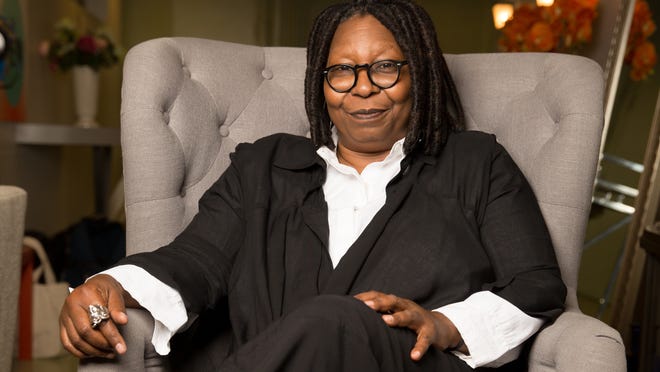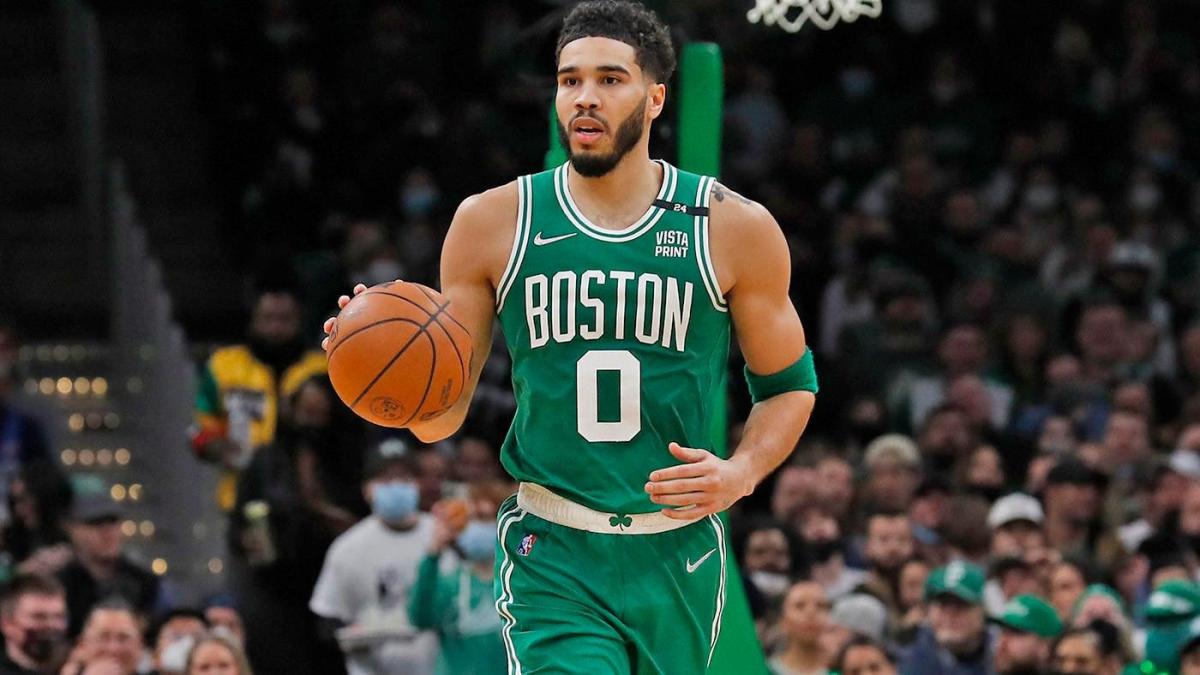Education as a public investment
Written by ABC Audio ALL RIGHTS RESERVED on February 15, 2022
By Morf Morford
Tacoma Daily Index
Few topics are as contentious as education throughout all of human history.
You might think politics and religion are the major conversational taboos, but I would argue that education – and everything about it – is at least as incendiary as politics or religion.
A few years ago any local school board meeting would be the ultimate snoozer of an evening event.
Not in the 2020s.
For whatever set of reasons, education – what is taught, to whom, to what end and at what cost – has become the flash point of budgets, culture wars and neighborhood showdowns.
You might call me naive, but I had always assumed that education was for the benefit of young people as it prepared them to be productive citizens contributing to economic well-being and also as informed voters and citizens who were engaged in the decisions that they would face. But as in every other area it seems, that was then, and this is now.
School board meetings have become the forum for every kind of lunatic conspiracy, many times with vague, near-incoherent – but passionate – visions of “take-overs”, “brain-washing” and of course, the ever present socialist/communist, even alien subversion of our children.
2022 has brought us book bannings and book burnings as we have not seen since before World War II. And most have thought we would never see in the USA. But, as I mentioned above, that was then, and this is now.
Middle-class America, so it seems, knows no fury like an enraged, threatened (and, in most cases, astoundingly ignorant) public citizenry with a mission to “protect” if not “save” some mythical America with its nearly all-white embodiment, with Founding Fathers approaching sainthood.
Few actions are more “un-American” than book-burning. That, like education itself, and the near-sacred nature of our democratic processes did not need to be mentioned – or emphasized in previous eras – but now they do.
There’s nothing new about book burning or revising history – but it is never a good sign, for any culture.
Book burnings and bannings have always been (and perhaps always will be) acts of fear and desperation – if not outright suppression.
Those who do – or encourage – such burnings and bannings are rarely respected for their actions.
Don’t join the book burners. Don’t think you are going to conceal faults by concealing evidence that they ever existed. Don’t be afraid to go in your library and read every book, as long as that document does not offend our own ideas of decency. That should be the only censorship.– President Dwight D. Eisenhower, Dartmouth College Commencement Exercises, June 14, 1953
******
The cost of a lack of education is not only cultural and philosophical (misunderstanding of law, the Constitution, even the Bible, has led to mayhem if not outright public violence) but, as we might expect if we considered it, education (and the lack of it) has a massive economic cost.
For example, over 1 million fewer students are enrolled in college now than before the pandemic started – a 6.6% decline. (https://myelearningworld.com/pandemic-college-enrollment-decline-report/). The total potential loss of lifetime earnings by the over 1 million students delaying or even avoiding college could exceed $1 trillion.
How high is your pile of $100 bills?
For a little perspective, $1 million in $100 dollar bills stacks up to 40 inches, and $1 billion is 40,000 inches (that’s more than half a mile). $1 trillion in $100 dollar bills is 40,000,000 inches high, which is 631 miles.
In short, the cost of lack of education to a previously healthy economy is enormous. The neglect in a state or district that is already deficient can lock that state or district into near permanent poverty.
We don’t need no education
Americans have a long history of distrust, if not outright hostility, toward those with advanced academic background. We tend to describe those with “too much” education as “ivory-tower elitists”.
Many people around the world, but especially Americans, have “issues” with authority figures, “experts”, and those who, as Bob Dylan put it, “know more than they do”.
Free education?
Nothing is free of course, but some alternatives are more costly than others.
Some are vastly more expensive.
Every state in our country is required to fund education for every student to the completion of high school.
There are, of course, a few who oppose this.
But there are also those who consider high school completion as nowhere near enough. Many of them propose an additional year or two – or more – to be made available to every young citizen of their states.
You can guess which states tend to prosper as opposed to those who do not.
Over time, that difference becomes even more extreme. And entrenched.
Use your words
Education and literacy are inherently destabilizing – for individuals and societies as a whole.
Proponents – and opponents – of literacy and education are well aware of how unsettling education might be.
One legally authorized example can be found in this statute below, passed by the state of North Carolina in 1830—1831, and was fairly typical.
AN ACT TO PREVENT ALL PERSONS FROM TEACHING SLAVES TO READ OR WRITE, THE USE OF FIGURES EXCEPTED
Whereas the teaching of slaves to read and write, has a tendency to excite dis-satisfaction in their minds, and to produce insurrection and rebellion, to the manifest injury of the citizens of this State. (http://www.historyisaweapon.com/defcon1/slaveprohibit.html)
Education, as proponents – and opponents know all too well, is transformative.
With education, the toddler, the immigrant, even the inmate, can become an informed, productive citizen – not just a subject powerless to government, deception and inchoate feelings.
As with every investment, there is a cost, but the cost of not investing is far greater. Just ask those states – or individuals – who have not made that investment.






